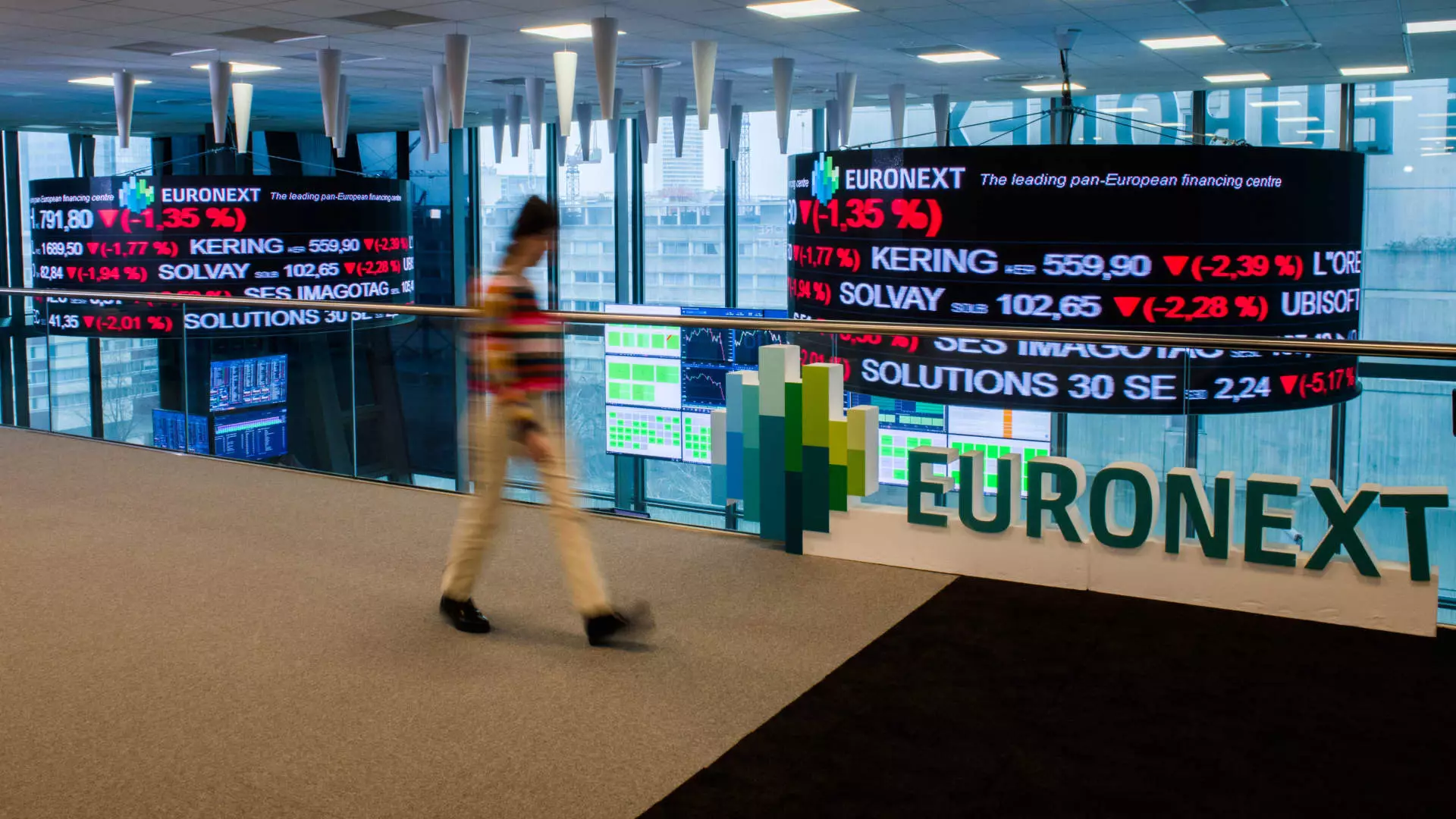The stunning victory of Donald Trump in the recent U.S. elections has stirred considerable unrest in global stock markets. On a day when major U.S. indices reached new heights, funds specifically tied to international equities experienced notable declines. This counterintuitive trend reveals the deep connections and vulnerabilities within global finance, where local policies can reverberate across continents. ETFs linked to regions like South Korea, Hong Kong, Taiwan, and Chile confronted selling pressure, reflecting widespread investor anxiety over the potential implications of Trump’s proposed trade policies, especially tariffs on imports.
Trump’s potential imposition of tariffs, reaching as high as 20% on all incoming goods, represents a significant departure from previous trade balances. Most concerning to investors is the proposed 60% levy on Chinese imports, a move that raises substantial questions about the future of U.S.-China relations and the broader global trading landscape. While these proposals may be polarizing within the U.S., leading to negative sentiments among voters according to polls, their implications resonate loudly in international waters. Analysts suggest these tariffs could hinder foreign investments and shake up established economic relations, prompting caution among investors in diverse international markets.
Divergence in Market Performance
The contrasting trajectory of the U.S. market and its international counterparts highlights a growing divide. While the Dow Jones Industrial Average is predicted to record its best performance in nearly two years, European markets faced a challenging environment. Observations from the iShares Core MSCI Europe ETF indicated a decline of more than 2%, emphasizing the negative sentiment that permeated European trading floors post-election. Meanwhile, Asia-Pacific markets displayed mixed results; Japan’s Nikkei 225 managed to resist the downward pressure, in contrast to the iShares MSCI China ETF, which experienced a significant drop.
Emerging Markets and Currency Implications
Emerging markets, often delicately poised in the shadow of U.S. economic policies, found themselves under further pressure as concerns grew over Trump’s dollar-strengthening strategies. Analysts noted that the rise in the ICE U.S. Dollar Index, reaching levels not seen since July, complicates the economic vigor of these markets. The comments from LPL Financial’s chief technical strategist emphasize how such a dollar rally, coupled with rising inflation expectations, could hurt emerging economies. Indeed, the iShares MSCI Emerging Markets ETF reflected this dynamic, also falling more than 1% in light of the new economic realities.
Despite widespread turmoil, pockets of resilience emerged, notably with the Global X MSCI Argentina ETF, which demonstrated remarkable behavior by climbing over 2%. This rise is intricately tied to Argentina’s recent political shifts, particularly with the election of Javier Milei, whose economic policies resonate in some ways with Trump’s. While turbulence looms on the global economic horizon, such unexpected bright spots illustrate that not all corners of the international market are suffering equally.
Trump’s victory has triggered a series of complex reactions across global markets, accentuating uncertainties tied to international trade policies and currency dynamics. Investors are now left to navigate a landscape fraught with both challenges and opportunities, underscoring the intricate interplay between domestic policies and global economic health.

